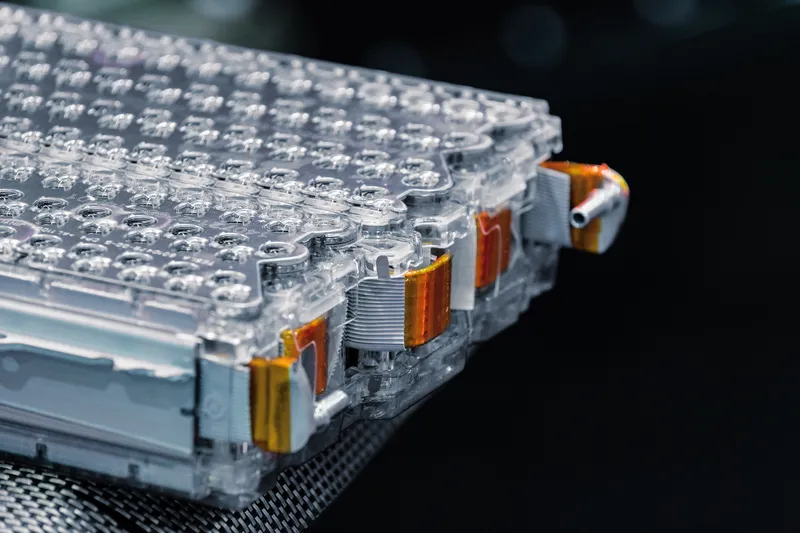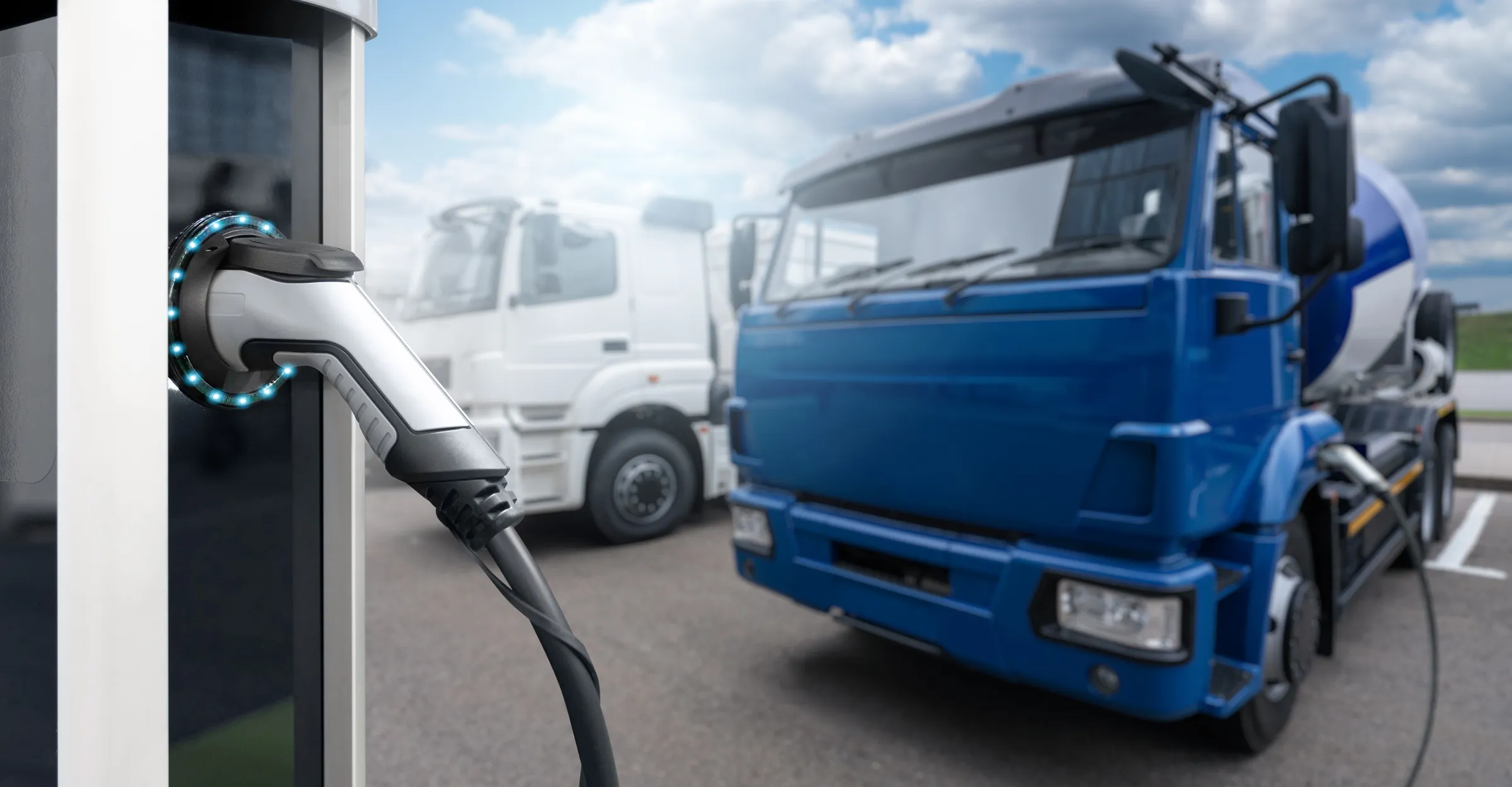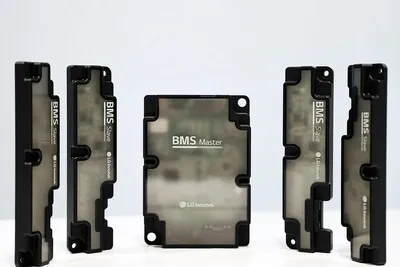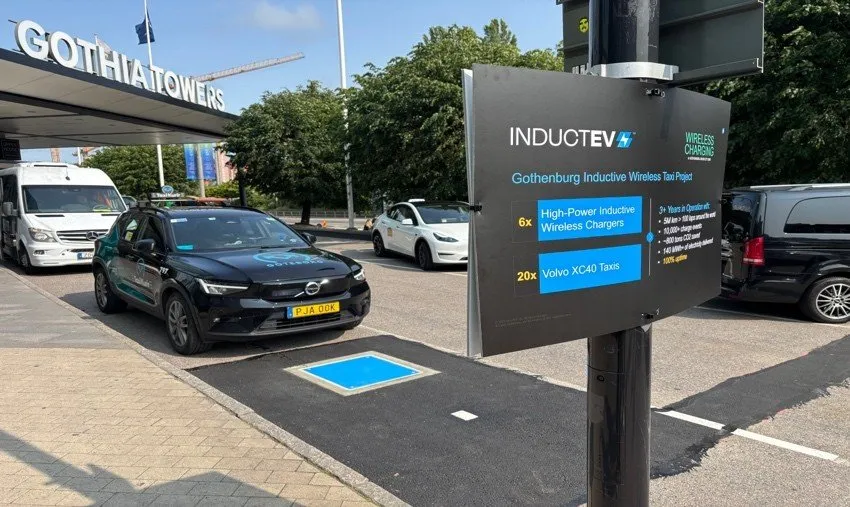
Experts at the agency conducted more than 25,000 'state of health' tests using the patented DEKRA battery rapid test procedure. Even with higher mileage, the vast majority of drive batteries are still in good condition. One example is the Jaguar electric taxis that went into service in Munich in 2018. Six of the Jaguar I-PACE were tested by DEKRA during 2024. With mileages between just under 180,000 km and more than 260,000 km, the state of health of the drive batteries was between 95 and 97 percent.
"We charged the vehicles on average about one and a half times a day, and not particularly gently, but always completely full, in order to give the drivers the appropriate security with regard to the range. Our experience with the electric vehicles has been extremely positive," explains Gregor Beiner, managing director of Munich Taxi Center, mtz. "The batteries are very, very durable, and especially with the safety buffers that the manufacturers install, they retain their capacity for a very long time. That's why we continued down this path. Today we have around 70 vehicles in the fleet, a good third of which are electric vehicles from various brands. We want to have electrified our entire fleet by 2029."
On the used car market, many interested parties are still very cautious when it comes to electric vehicles. "For example, many people transfer their experience with smartphone batteries to the topic of electromobility. They have seen that mobile devices have a noticeably lower battery capacity after just a few years, and fear the same effect with electric vehicles," says Christoph Nolte, executive VP of DEKRA and head of the service division vehicles. "Our experience with the battery quick test shows significantly longer service lives. The drive batteries are very good overall. Even with higher mileage, we still find a 'state of health' of over 90 percent in most cases."
However, DEKRA says there are also outliers. Depending on driving style, climate and charging behavior, a drive battery in an electric vehicle can age more slowly or more quickly. As the most expensive component of the entire vehicle, it has a decisive influence on the value of a used electric car. Therefore, reliable information on the battery's condition is a crucial factor for a functioning used car market.
The patented DEKRA battery quick test is already offered in many European countries and is currently available for around 130 different vehicle models. Within 15 minutes, the procedure uses a static test and a short acceleration drive of around 50 to 100 meters to produce a precise result on the health of the battery. The basis is the so-called parameterization of the individual vehicle models, in which the battery is stressed and evaluated in complex test drives under a wide variety of conditions when it is new.
"This creates a kind of coordinate structure that our system uses to analyze and evaluate the actual measured values during the test," explains Christoph Nolte. "The bottom line is a statement about the battery's condition that no other procedure on the market can provide as quickly and as precisely."
The DEKRA experts are currently working on a further development of the test procedure that does not require a drive at all. The corresponding measured values are to be determined while the battery is stressed by a short charging process instead of acceleration. "We want to gradually bring the further developed test procedure onto the market for various vehicle models over the course of the coming year. Then the whole thing will be even more straightforward," says DEKRA expert Nolte.









